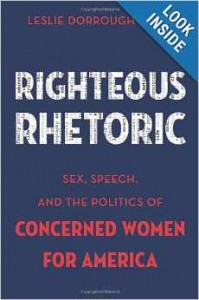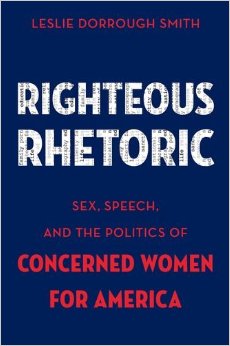“On the Spot” backs members of Culture on the Edge into a corner to talk about their backgrounds, their ongoing work, and what might be gained by an alternative understanding of how identity works.
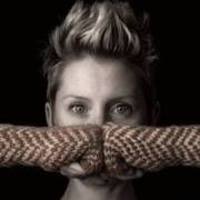 1. When people ask what you study, what do you tell them?
1. When people ask what you study, what do you tell them?
I tell them that I study religious people. I say this instead of “religion” because I want to emphasize that there is no religion without people behind the enterprise. That may seem a truism, to some, but since our field still engages so readily with talking about all sorts of disembodied religious traditions — i.e., differentiating between “Christianity” and the “Christians” who practice it — I think this is a really important distinction that places the emphasis back on human behavior. This explanation also helps with the task of clarifying that I’m not involved in some sort of ministry or theological pursuit, which is a presumption that most of us get when asked this question.
2. How do questions of identity manifest in your research?
My research up to this point in time has dealt largely with how various American conservative Christian entities re-negotiate their identities within a religious framework in order to secure certain social outcomes. More specifically, I’ve been looking at how evangelicals use religious ideas for particular ends within the American political system. I think the most important takeaway from this research has been that the identities and other types of portrayals that evangelicals make for themselves and others shift substantially as the political winds dictate, all while claiming no such shifting at all (in the name of eternality or god’s will). Instead of calling this hypocrisy or some sort of failure to live out “authentic values,” as is often the rhetoric from those on the left, I just see this as the normal mechanics of a social group. Everyone does it, in other words, because social groups are always looking to secure their own legitimacy, and when the social conditions change dramatically, so will, at times, their own identities. Continue reading “On the Spot with Leslie Dorrough Smith”

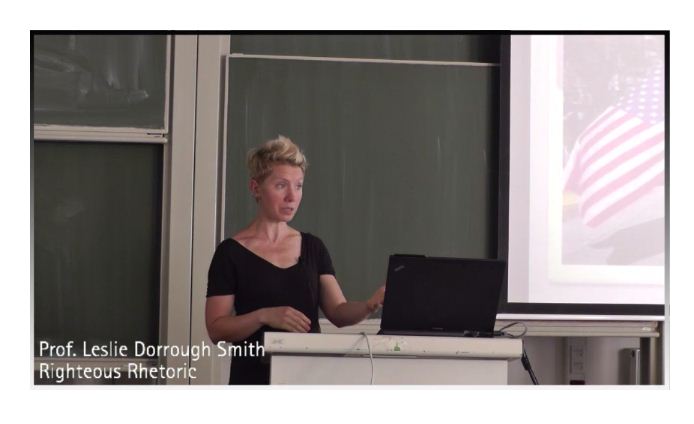 Did you know that the Edge’s own
Did you know that the Edge’s own 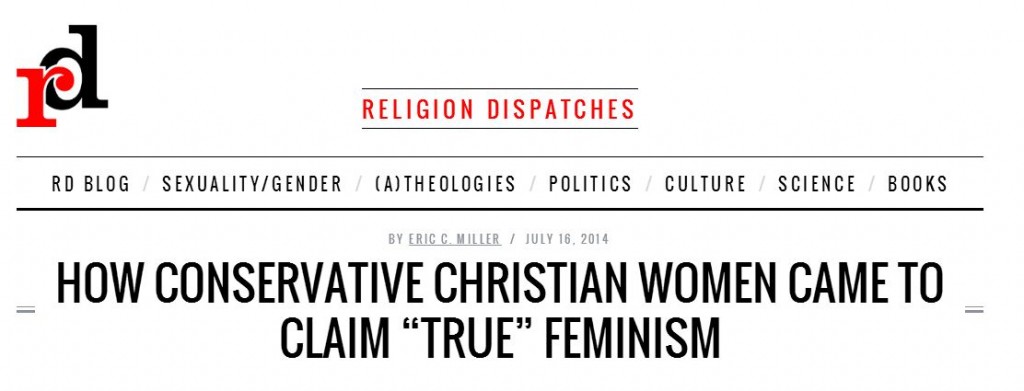 Religion Dispatches recently interviewed our own
Religion Dispatches recently interviewed our own 